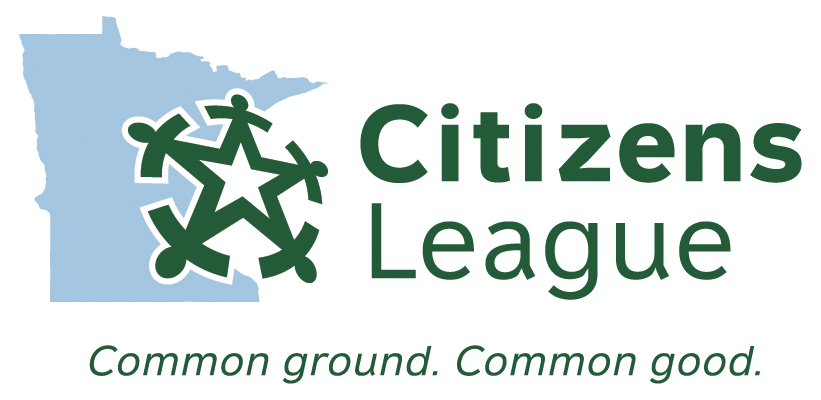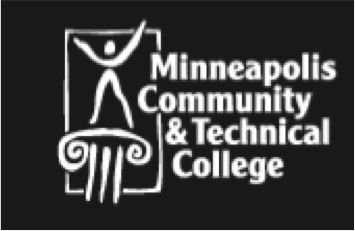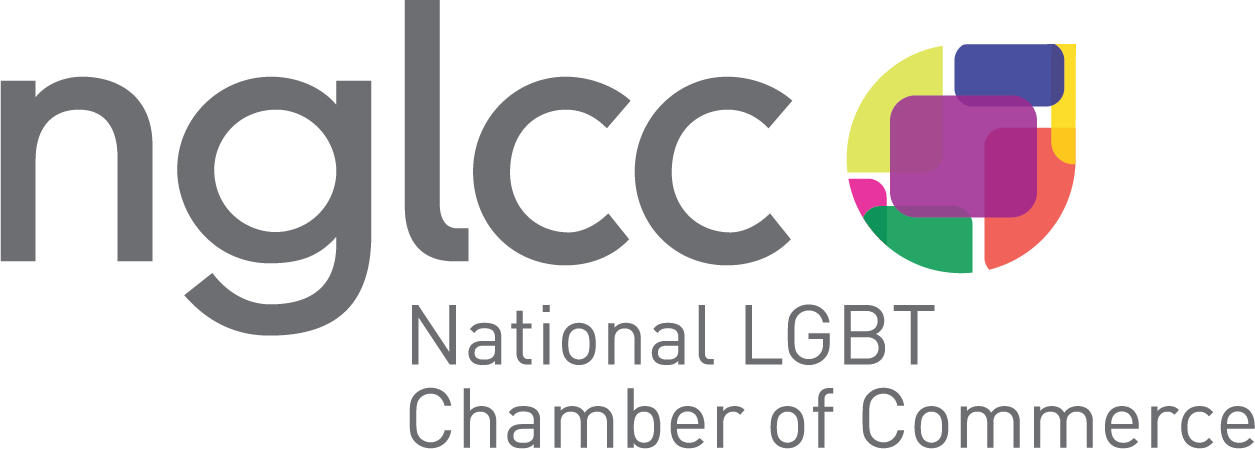 In part one of my interview with D-L Stewart, he shares stories of his early socialization as a student affairs professional and how he has grown and learned from these experiences. He tells us about the array of research and community-based projects he’s currently engaged in and even a couple he wants to kick off soon. D-L addresses preventing burnout, creating enough ripples to make waves, all in the hopes of making postsecondary education spaces more radically democratic. Don’t miss arrival of the second part of this interview on Tuesday, July 24th.
In part one of my interview with D-L Stewart, he shares stories of his early socialization as a student affairs professional and how he has grown and learned from these experiences. He tells us about the array of research and community-based projects he’s currently engaged in and even a couple he wants to kick off soon. D-L addresses preventing burnout, creating enough ripples to make waves, all in the hopes of making postsecondary education spaces more radically democratic. Don’t miss arrival of the second part of this interview on Tuesday, July 24th.
About D-L:
D-L is a scholar focusing on postsecondary education and issues of minoritization; trans parent of a trans child; Violet’s human; Capricorn; over 40 Gen-Xer.
Show Highlights:
- D-L shares more about who he is today 05:15
- He uplifts the areas of research and scholarship in which he is engaging today 07:10
- Tells us about his salient identities 09:36
- D-L is working on several projects at the moment and shares some highlights with us 10:45
- D-L is involved in so many projects and yet, he wants to begin another project looking at college decision models for queer and trans students 16:10
- Collaborating with colleagues at Colorado State Boulder on a community engagement initiative called Queer Endeavors 17:10
- Is there a system to organize your research interests? 18:38
- How do you avoid burnout? 21:32
- How did you arrive to the work you’re doing today? 23:13
- Shares an experience with a student during his first professional role that felt like a ‘gut punch’ and was a critical part of his own critical self-work that he carries with him today 25:15
- How did D-L grow from this early experience? 30:01
- Looking back, how would you engage differently in this student interaction? 32:05
Notable Quotes:
- (Regarding a system or process to organize your research interests for someone that is interested in a variety of topics and issues…)
“I think about what’s at the center? What’s the rudder (is another way to think about it)? What’s the rudder that’s driving me? That rudder, for me, is to positively affect the ways that institutions of postsecondary education affect the experiences and lives of minoritized students in college, such that, higher education becomes a radically democratic space. That’s the rudder. Things that fit within that rudder, that align with that rudder for me, are what I say ‘yes’ to…and then there are people I don’t say ‘no’ to (laughing]…” 19:03 - “In the end, I hope that the 17 years of research and scholarship that I’ve been a part of and the participants who have been willing to share their lives and their insights with me, are helping to actively contribute to making postsecondary education, particularly in the United States, a far more radically democratic space. That’s the hope. I recognize that I won’t necessarily know if I’ve accomplished that within the time span of my own career, and maybe not even within the time spa of my own life. I have no idea that I’ll be able to detect that, because that’s a long-term game to play.” 20:20
- (What helps D-L know he’s having an impact and to prevent burnout?)
“… things are perhaps changing, even within small circles, but enough ripples in the water can create significant change…You get enough small ripples, you can create a wave.” 22:24 - “It was a lot of growth, a lot of really good growth that came at the hand of the students I was supposed to be serving. So, recognizing they were doing labor for me that they shouldn’t have to do. That was my labor to be doing, but they were generous enough and invested enough in their own campus and trying to make their campus a better place that they stepped up to check me, which they didn’t really have to do. It was not their job; it was not their responsibility to do that, but I’m so appreciative that they did.” 28:15
- “…What I try to do is listen, just listen really closely, and not make it about me – keep the student centered and what they need and how the institutional system I’m a part of is failing. Because I’m a part of that system, yes, I’m part of that failure, so what should I be doing to counter that. That’s the kind of attitude that I wish I would come with now if that same situation happened.” 33:23
Links Mentioned:
- Colorado State University, Student Affairs in Higher Education Graduate Program
- University of Colorado Boulder, A Queer Endeavor initiative
Subscribe to our listserv
Want free resources, tips, and tools?








